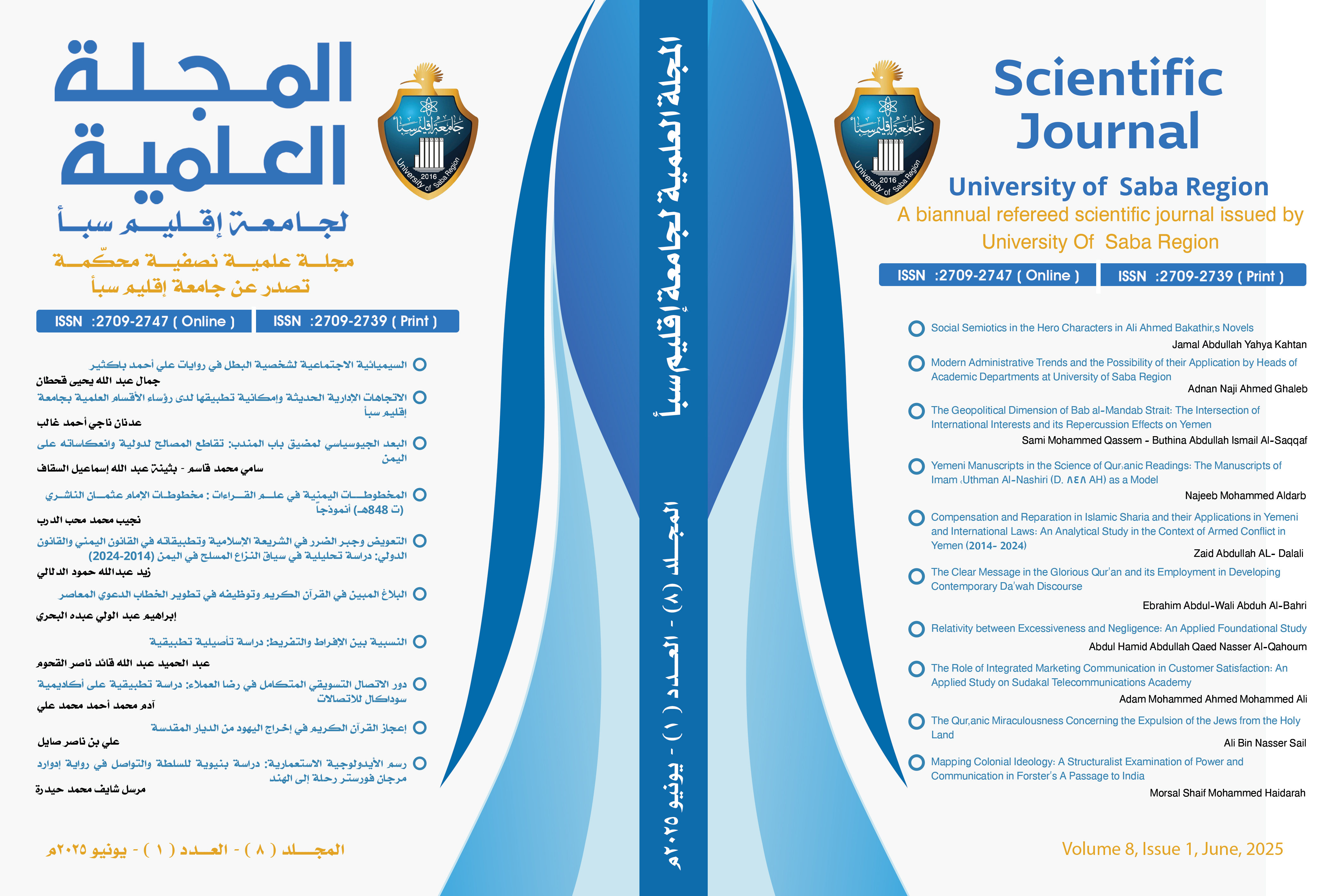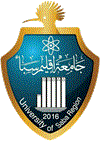Compensation and Reparation in Islamic Sharia and their Applications in Yemeni and International Laws: An Analytical Study in the Context of Armed Conflict in Yemen (2014- 2024)
DOI:
https://doi.org/10.54582/TSJ.2.2.113Keywords:
Compensation, Reparation, Armed Conflict, YemenAbstract
Compensation and reparation represent one of the most important pillars in addressing serious violations of international humanitarian law and human rights. They also represent key components of transitional justice and national reconciliation, as well as the essence of effective and genuine efforts to address post-conflict stages, and an attempt to restore societal harmony and build sustainable peace. This study seeks to analyze the conceptual, legitimate, and legal framework for compensation and reparation in the context of armed conflict in Yemen during the period (2014–2024), by extrapolating both national and international legal texts and jurisprudential texts. The study focuses on demonstrating to which extent the parties of conflict adhere to the standards of international law, the basic and directory principles concerning the right in remedy and Reparation approved by the United Nations General Assembly, and the adequacy of Yemeni legislation – derived from Islamic law – in meeting those standards. The research uses the descriptive and analytical approach through the analysis of texts, documents, and official reports in the field of compensation and reparation. The study concludes that reparation is a central pillar for achieving comprehensive national reconciliation in Yemen; however, actual implementation faces institutional, legislative, and political challenges. The importance of this study lies in providing a comprehensive vision linking jurisprudential grounding, national codification, and international standards to address the effects of conflict and promote societal peace.
Downloads
Published
How to Cite
Issue
Section
License
Copyright and Licensing
This journal publishes all scientific materials under the Creative Commons Attribution 4.0 International (CC BY 4.0) , license, which grants you the following permissions:
You are free to:
- Share — copy and redistribute the material in any medium or format for any purpose, even commercially.
- Adapt — remix, transform, and build upon the material for any purpose, even commercially.
- The licensor cannot revoke these freedoms as long as you follow the license terms.
Under the following terms:
- Attribution — You must give appropriate credit , provide a link to the license, and indicate if changes were made . You may do so in any reasonable manner, but not in any way that suggests the licensor endorses you or your use.
- No additional restrictions — You may not apply legal terms or technological measures that legally restrict others from doing anything the license permits.
Notices:
You do not have to comply with the license for elements of the material in the public domain or where your use is permitted by an applicable exception or limitation .
No warranties are given. The license may not give you all of the permissions necessary for your intended use. For example, other rights such as publicity, privacy, or moral rights may limit how you use the material.













